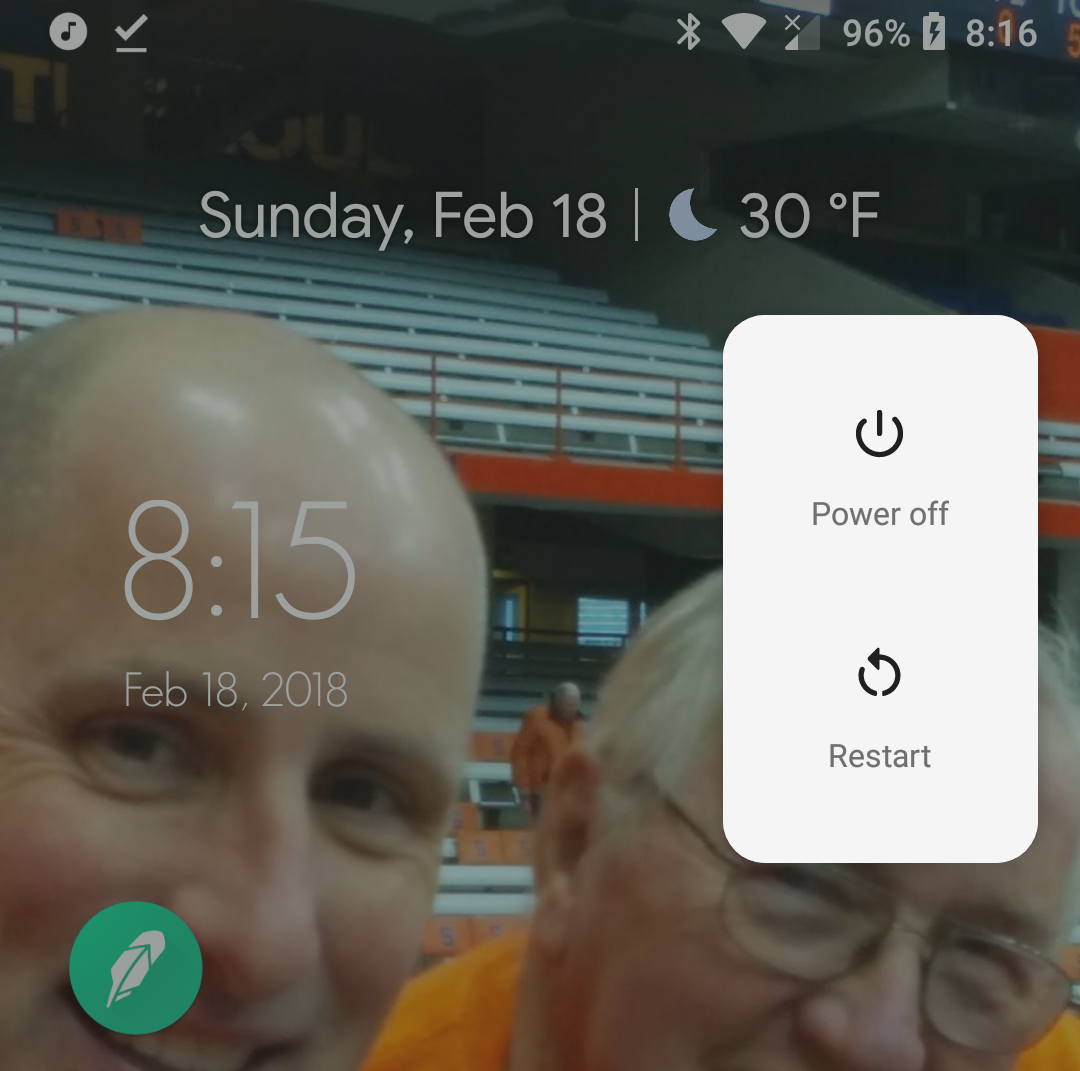The Limits Of Technology
Several nights ago I ran up against the limits of technology. I couldn't remember a song. I was in bed with a snatch of lyric stuck in my head, unable to sleep until I figured out what song it was and hear it in my head. All I had was "Crisis of faith and crisis in the Congo" on repeat. I did not have the tune, the notes, the singer,or the rest of the lyrics, and it was driving me mad. Despite the late hour, I pushed the covers back to go get my phone and figure things out.
I charge my phone in the kitchen so I can sleep instead of looking at the damn thing. Technology in the bedroom, beyond clock, book, pen and paper, is a mistake. I went down to the phone and typed in the lyric, expecting my answer in a Google micro-second. I got nothing. I typed different combinations, but I had the lyric wrong. Google was no use.
I returned to bed frustrated but also happy. I was on my own. Just me and my memory. I knew the song was in there and knew I had heard it dozens of times. I played the snippet over and over in my head. It was a male singer with a weird voice. I felt like the next line was, "yeah, we heard that before" but it didn't fit the rhythm.
My wife asked if I had figured it out. I told her, I was still working on it. She said, thanks for putting it on an endless loop in my head. Marriage is all about giving. We turned out the lights and she rolled over.
I kept at it. It wasn't the Congo. Crisis of faith, sure, but no crisis in the Congo. I played the line in my head without words hoping to hear where the crisis was. It remained mysterious, but the next line resolved into "Yeah, we'd heard all that before." It didn't come right away but began as a vague feeling of syllables, the sure memory that it began with _Yeah_ and ended with _before_. I tumbled that until the line came clear.
Then I heard the voice. It was nasally, almost whiny. Later, I'd apologize in my mind to the singer, but he's dead and unlikely to take offense.
"Crisis of faith and crisis in the hmm-hm, yeah we've heard all that before," I sang in my head, and though I couldn't put the next line together, the band and singer came to me along with the tune. It was as if I had plugged an extension cord from an outlet to the faraway, dark place where the memory lay. The light came on and music played:
“Crisis of faith and crisis in the Kremlin
And yeah we’d heard all of that before
It’s wintertime, the house is solitude with options
And loosening the grip on a fake cold war.”
Had it been Google's answer, I'd have nodded, felt comforted, and gone to sleep like I had taken a pain reliever. Instead, I put it together slowly, piece by piece, with the possibility I might not figure it out. There's something so much more rewarding about that.
I'm not about to ditch my phone or Google, but it's good to remember the wonder of depending on my brain while I still have it to use.




